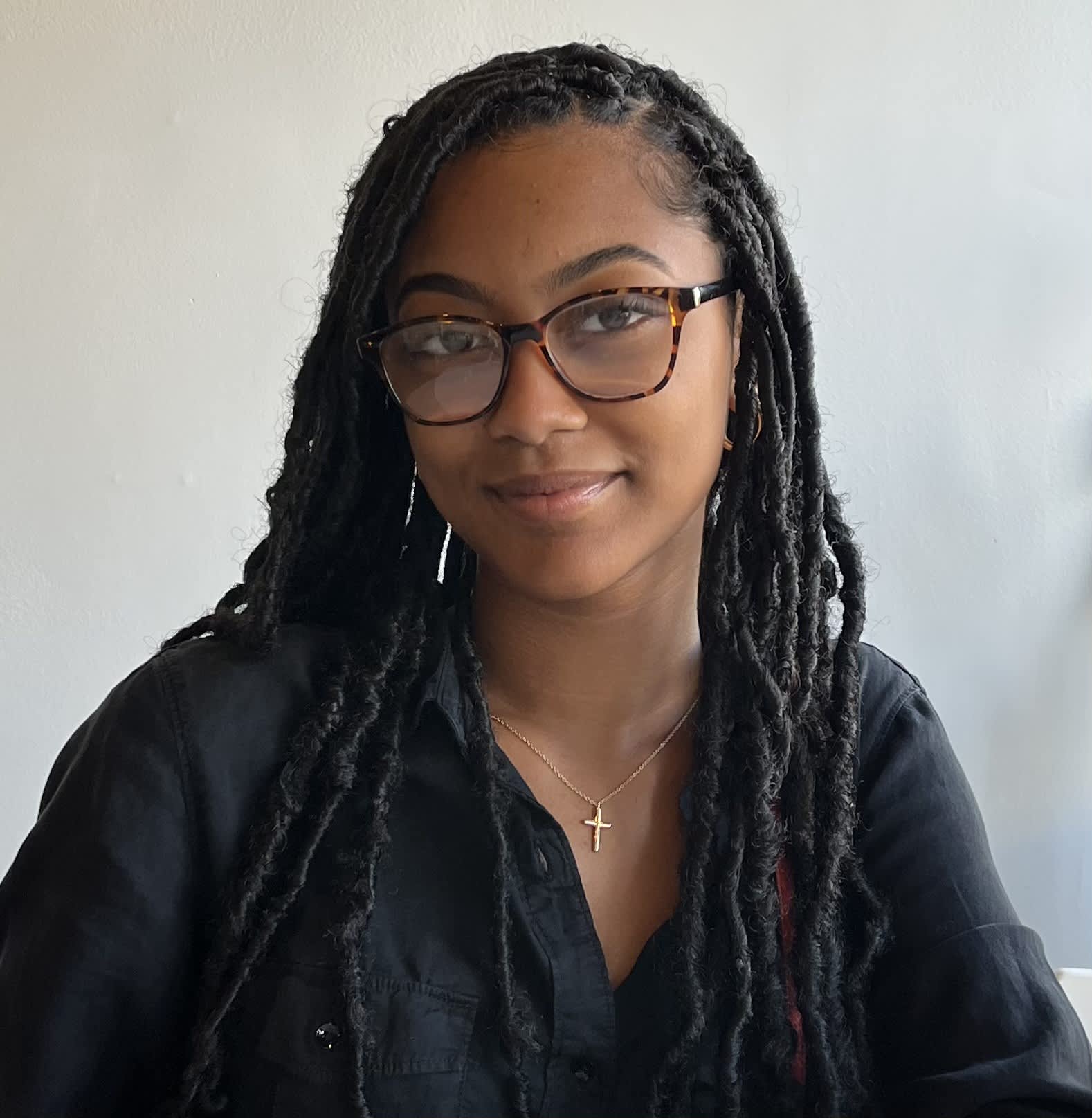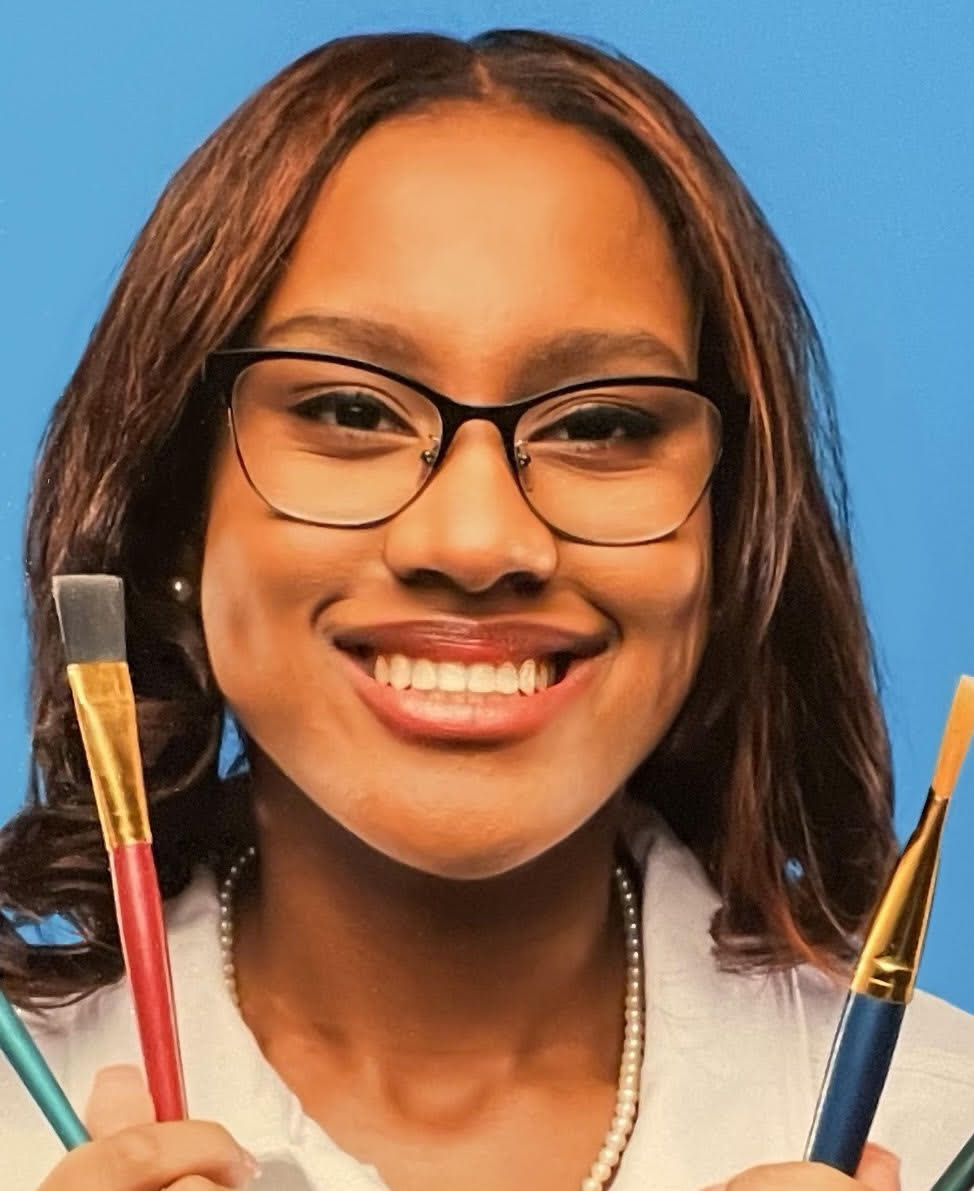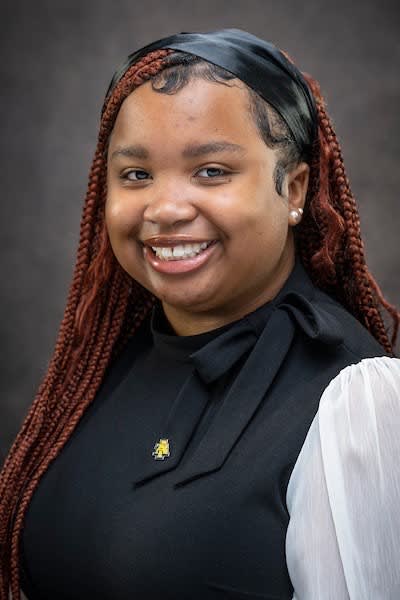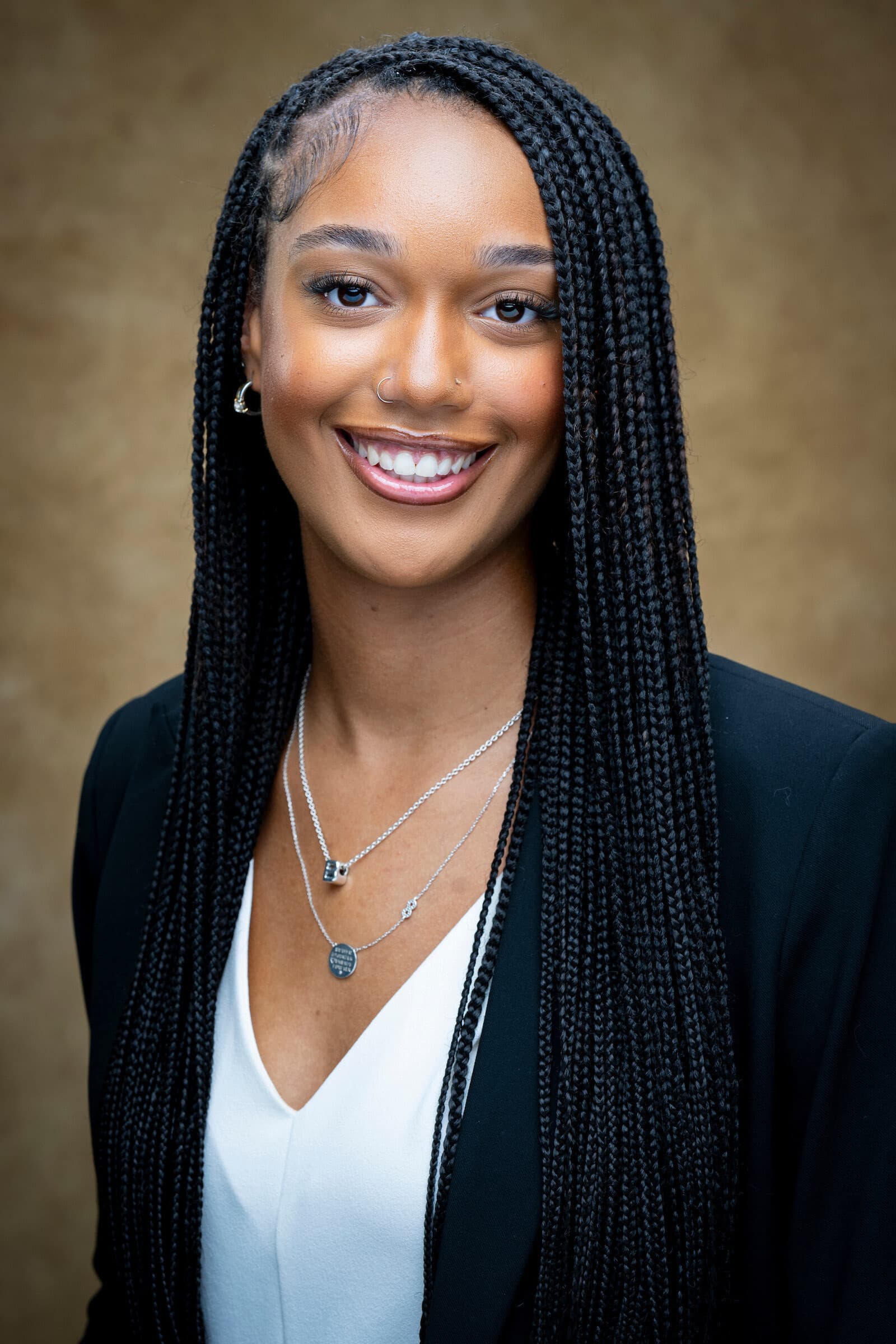New Social Justice Center Gives HBCU Students a Vehicle to Activism
 Credit: showqdf
Credit: showqdf- North Carolina Agricultural and Technical State University (N.C. A&T) just launched its Center of Excellence for Social Justice.
- The center’s Power of Four Research Fellows program partners first-year students with community activists to produce research focused on inclusive community change.
- All four members of the program’s first cohort are women.
- The N.C. A&T’s Center of Excellence for Social Justice is funded by an $850,000 donation from the Mellon Foundation.
There’s a new, student-led social justice push at North Carolina Agricultural and Technical State University (N.C. A&T), and four women are leading the movement.
The Greensboro, North Carolina, school — one of the country’s historically Black colleges and universities (HBCUs) — this fall launched the Center of Excellence for Social Justice.
Its “intellectual heartbeat,” Director Jelani Favors told BestColleges, is its Power of Four Research Fellows program. It is named in honor of the A&T Four, a group of four first-year students who staged a sit-in at a segregated lunch counter in 1960 and launched the sit-in movement during the civil rights era.
The center, funded by an $850,000 donation from the Mellon Foundation, takes on four first-year student-fellows each year and partners them with community activists to produce research focused on inclusive community change.
Over four years, the fellows will conduct research to eventually open their own community-based social justice organizations. In the meantime, the center is paying a portion of their tuition and looking for ways to get them more funding for their efforts.
The investment in this first cohort of four students is a movement to “make our world a better place,” the same way the A&T Four did, Favors said.
“When you have that Power of Four cohort in front of your name, it puts a lot of pressure on you, but it also lights a fire under you,” Power of Four Fellow Gabrielle Hoskins told BestColleges. “Knowing what they did and the impact that they left on the world, you want to leave just as big of an impact.”
Meet N.C. A&T’s First Power of Four Cohort
BestColleges spoke with the four women who make up the first cohort of N.C. A&T’s Power of Four Fellows program.
Jyanne Guide: Leaving a Legacy

During her first year of high school, Jyanne Guide experienced the “culture shock” of being a minority in school for the first time.
She previously attended school in Baltimore, where she said her class was 99% Black. But when she transferred to another county with better educational opportunities, she was among just 8% of Black students.
Guide said she not only noticed that white and Asian students were doing better than Black and Hispanic students but that they were afforded more opportunities at the predominantly white school. So, she decided to research the racial inequities in education at the county level and found an achievement gap.
Guide didn’t just do the research for a line on her resume.
“It wasn’t just something I was doing for an extracurricular activity — it was something that I wanted my community to be positively affected by,” she said.
Guide also didn’t realize her research project would be her ticket to impacting her community through the program. Guide is excited to continue her research on racial equity in education while also exploring new areas of activism.
She’s also excited for the “surprises” Favors hinted would be revealed during the fellows’ orientation Sept. 27. One of those surprises being a global policy internship opportunity at Stanford University.
Guide’s goal in the program is the same as it was during her research in high school — to leave a lasting impact on her community. As a journalism major, she’s considering creating a podcast highlighting the findings in her research, but she’s not settled on any one route just yet.
“I think once I leave, yes, people can read the paper that I’ll eventually publish, but I also want something that people can benefit from,” Guide said.
Jada Taylor: Blending Activism With Art

Jada Taylor has always been into art. But after the rising attention to police brutality in 2020, she needed a way to express her emotions about what she was experiencing in the world around her.
“I just saw a lot more outward racist rhetoric and behavior than I’ve ever seen in my life, and seeing that really struck something inside of me,” Taylor said. “At the time, I felt like I needed a way to put my feelings down on paper, and art gave me a way to do that in a creative way — a safe way.”
As a Power of Four fellow and visual arts and media design major, Taylor wants to blend art and social activism. She said it’s “integral to social justice” to learn hard truths about society through art.
“Being able to share a message visually, I guess, it’s easier to swallow a pill,” Taylor said.
Taylor wants to focus on educational equity, prison reform, and eradicating homelessness during the program.
Gabrielle Hoskins: Leveling the Playing Field

N.C. A&T political science student Gabrielle Hoskins went to a science, technology, engineering, and math (STEM) high school, which highlighted the lack of education opportunities for lower-income communities. So, she started working for the North Carolina Department of Public Instruction on a program that helps diversify the tech space called #IAmComputerScience.
Hoskins is excited to be a part of the Center of Excellence for Social Justice not just because of the opportunities it’ll present for the cohort but because it’s a means of creating equity between HBCU students and students at predominantly white institutions.
“It’s not about being able to say that you’re ahead of the competition at this point. It’s about being able to say that you were put on the same playing field as the competition. So one thing I think HBCUs do well for Black students is to show them that you can sit at the table with the best,” Hoskins said.
“Even if you don’t get a seat at that table, here are the resources and opportunities to create your own table.”
Hoskins plans to level the playing field in the mental health space through the program. She wants to conduct research on mental health to ultimately create a clinic for free or reduced-price therapy for at-risk youths.
Diana Bedden: Fighting for Women and the Black Community

Diana Bedden went to a predominantly white high school in Pennsylvania, where for one of the school trips, they made students pick cotton.
Bedden was in high school during the pandemic, around the time George Floyd was killed by a police officer.
“Some of the things my classmates were saying kind of set me off and making jokes about it, and it wasn’t OK,” Bedden said.
Bedden decided that if students could learn about Black history, they might not feel so comfortable joking about tragedy.
“We didn’t have a Black history course, and my school had some not-so-nice tendencies toward minorities and people of color, so I protested during COVID in my freshman year and sophomore year for an African American Studies course. And during my senior year, we had one, and I was taking that course,” Bedden said.
Now, she wants to build on her activism she started in high school and expand her focus toward women’s health and reproductive rights in her community.
The fellows program officially started Sept. 27, during the students’ orientation — and Favors is looking forward to sharing some of what’s in store for the fellows in the next four years.
N.C. A&T gave Favors the chance at one of his dreams when they tapped him to lead the Center of Excellence for Social Justice — now he wants to help the fellows achieve theirs.
“That’s what HBCUs have always done — provide opportunities, particularly for African American people, to seize and realize their own freedom dreams.”